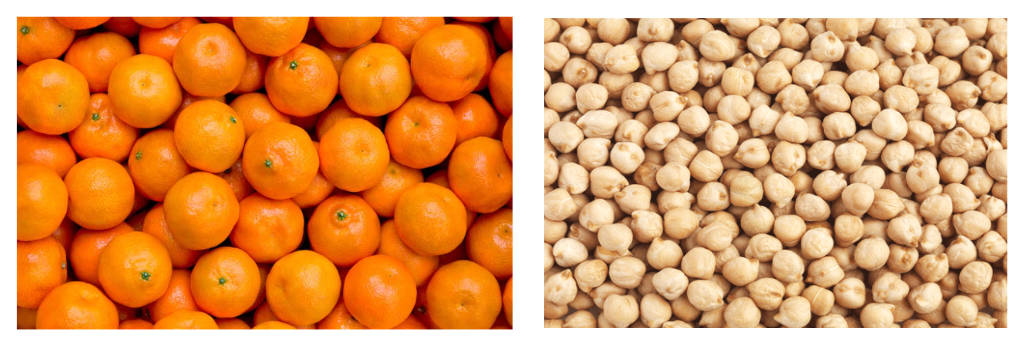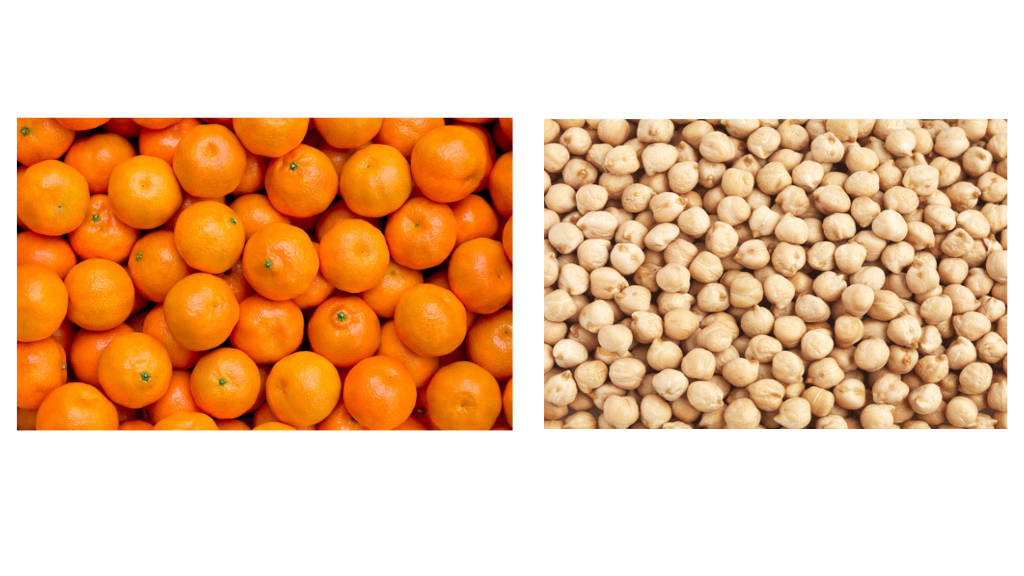
The proposed barter trade format to help cash poor Pakistani farmers and financially sanctioned Russians has begun, and it’s not small potatoes. Russia’s Astarta Agrotrading, one of the countries largest agricultural commodity traders, is not only bartering 20,000 tonnes of chickpeas, it’s building an entire logistics complex to facilitate this type of trade.
Stanislav Neveinitsyn, of Astarta Agrotrading said that “Two agreements have been signed. We’re exchanging chick peas for rice with one company in Pakistan and we’re exchanging chick peas for mandarin oranges with another. The exchange is scheduled to occur in the next two weeks.”
The Saratov-based company has plans to expand this type of trade and intends to set up a specific customs warehouse in Saratov Region for this purpose. Neveinitsyn stated that the company plans to set up its own 76,000-square-meter customs warehouse in order to expand this type of trade.
“We want to do a complete complex. We have a hub in Engels where we plan to do the customs warehouse in order to provide all services, on the ‘single window’ principle. We load a vehicle with chick peas, clear for export and ship to Pakistan. The vehicle returns with the bartered product. We unload it at the same customs warehouse, clear through customs and send the Pakistani goods for sale, in such a way that the vehicles go back and forth like trams.”
“The first chick pea shipment will be a trial, because we need to understand the saleability of their rice, which we will get in exchange. The mandarin contract will be carried out from December through May,” he said. Shipments will be arranged by truck, but all the issues concerning deliveries still need to be worked out with the customs authorities and Russian plant and animal health watchdog Rosselkhoznadzor.
The Pakistani rice partner is Pakistan’s second largest rice grower and processor, while the Pakistani partner in the mandarin deal is the countries largest dealer in fruit. The size of the mandarin shipment is still unclear “because we’re going to try their mandarins for taste in the literal sense of the word,” Neveinitsyn said.
“There is strong demand for legume crops in Pakistan, so we need to get Saratov farmers to grow them more, and we’ll be able to organize guaranteed sales,” he said.
Rosselkhoznadzor, Russia’s food safety agency, have said that the most important aspect in such trade is that the imported products must comply with phytosanitary standards and have a phytosanitary certificate confirming its safety. In turn, the product shipped from the Russian side must also comply with other parties phytosanitary requirements.
The agreements were signed with Meskay & Femtee Trading Company and National Fruit Processing Factory at the beginning of October at the first Pakistan-Russia Trade and Investment Forum in Moscow. Over 70 Pakistani companies took part, while more than 100 companies from Russia attended the forum.
The forum focused on Russia-Pakistani cooperation in IT technology, setting up IT centres, Safe City projects, expanding trade in leather, textiles, agriculture, fruits, and vegetables.
Astarta Agrotrading is bullish about the prospects for barter trade growth, with the company also planning to arrange barter trade relations with other countries, such as Uzbekistan and Azerbaijan. Neveinitsyn said that “With Azerbaijan, negotiations have already been held on shipments of tomatoes and pomegranates. Azerbaijan is now deciding what it needs. I was in Azerbaijan last week, and held negotiations. They took an interest.”
Russia’s Economic Development Ministry announced at the beginning of 2024 that it had developed a guide for barter trade for Russian businesses involved in foreign trade. It includes a description of the types of barter transactions and their advantages, reference material on laws and regulations governing barter in foreign trade, step-by-step instructions for arranging them, the procedure for determining equal value of the goods or services exchanged, and standard forms.
Vladimir Ilyichev, the Deputy Economic Development Minister said at the time. “In an environment of sanction restrictions, participants in foreign economic activities are actively entering new markets, including the markets of foreign countries whose national currency is not convertible or has high volatility. Foreign trade barter deals will make it possible to exchange goods and services with foreign companies without the need to make international transactions.”
Further Reading
Russia and China To Conduct First Barter Trade Deals In October

 Русский
Русский













